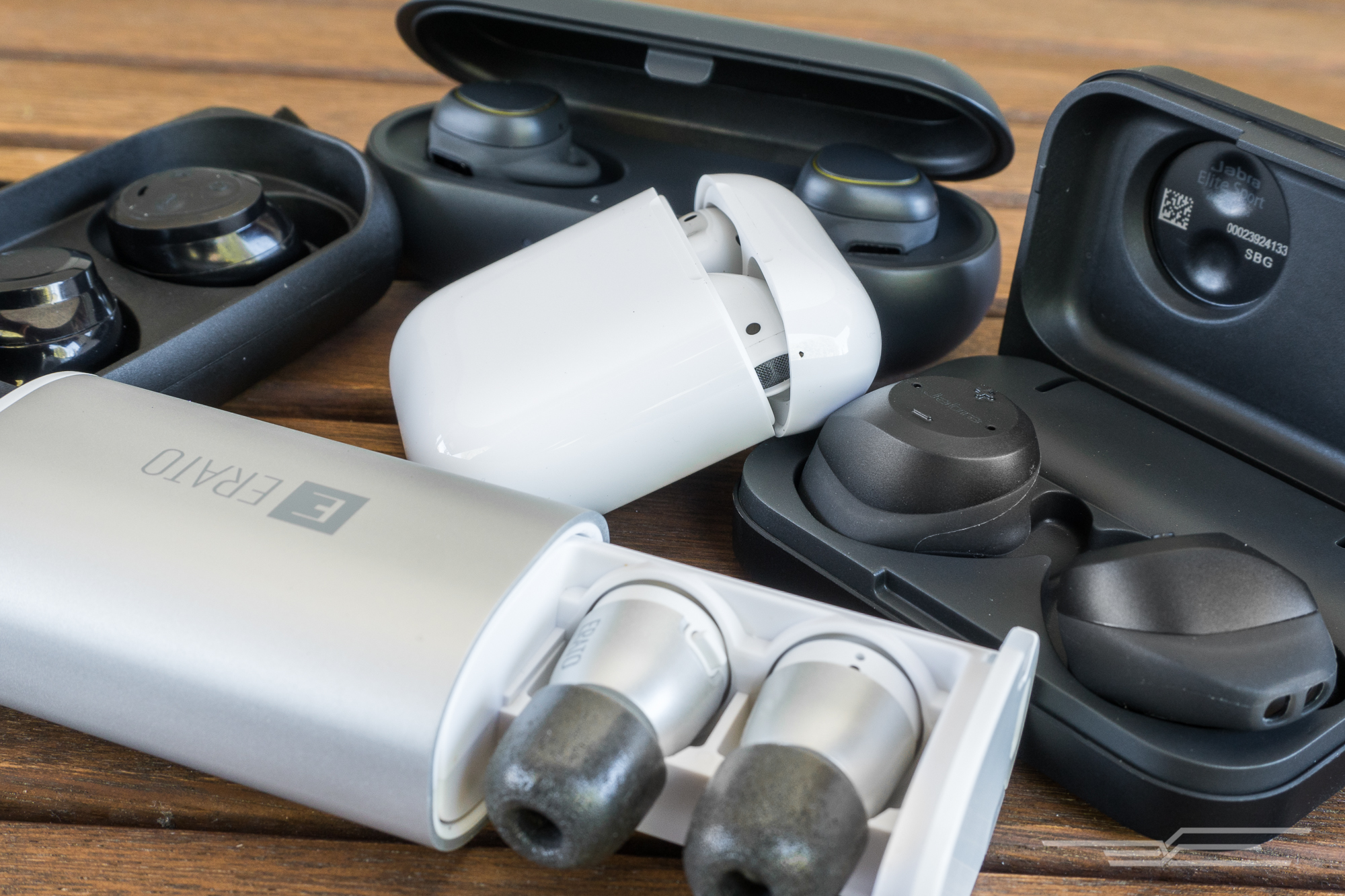best wireless headphones so far

This post was done in partnership with The Wirecutter, a buyer's guide to the best technology. When readers choose to buy The Wirecutter's independently chosen editorial picks, it may earn affiliate commissions that support its work. Read the full article here.
We tested 11 of the most promising true wireless in-ear headphones (as in, no wires connecting the earpieces like traditional Bluetooth earbuds). All of them, we found, have some flaws in fit, functionality, or convenience. Because this is the first generation of the technology, manufacturers are still working out the kinks. As a result, we can't make an overall pick that we think would work for most people.
What we can tell you is which sets are the better options right now, and what they offer in terms of pros and cons. Depending on how you plan to use your headphones, we have picks for iPhone/iOS users, budget-oriented folks, those who prioritize sound, fitness buffs, and Samsung users. This way, you can decide for yourself which, if any, will fit best into your lifestyle or be worth your money.
In case you're unfamiliar with the technology, "true wireless" headphones are in-ear Bluetooth headphones that don't have a cord connecting them either to your music device or to each other. Many look a little like hearing aids, held in place similarly to earplugs. Mics and any controls are built in, because no cable is available to support a traditional in-line remote. Due to diminutive size, most don't have more than a five-hour battery life. However, most can recharge in their carrying case, generally taking around 20 minutes to charge for an hour of listening.
Right now, we recommend true wireless headphones only for early adopters. Though one model offers speech enhancement, and a few that auto-pause when removed from your ear, as of now, other than the lack of a cable running behind your head, true wireless headphones provide no real advantages over standard in-ear Bluetooth headphones. Most cost at least $100 more than traditional Bluetooth headphones but don't upgrade the sound, battery life, or available features.
But if you really hate that cord, or if you just want to be the first to try something new, true wireless headphones are sure to be the future—eventually. It just might take a little while before they develop into something most people will be happy using.
No comments